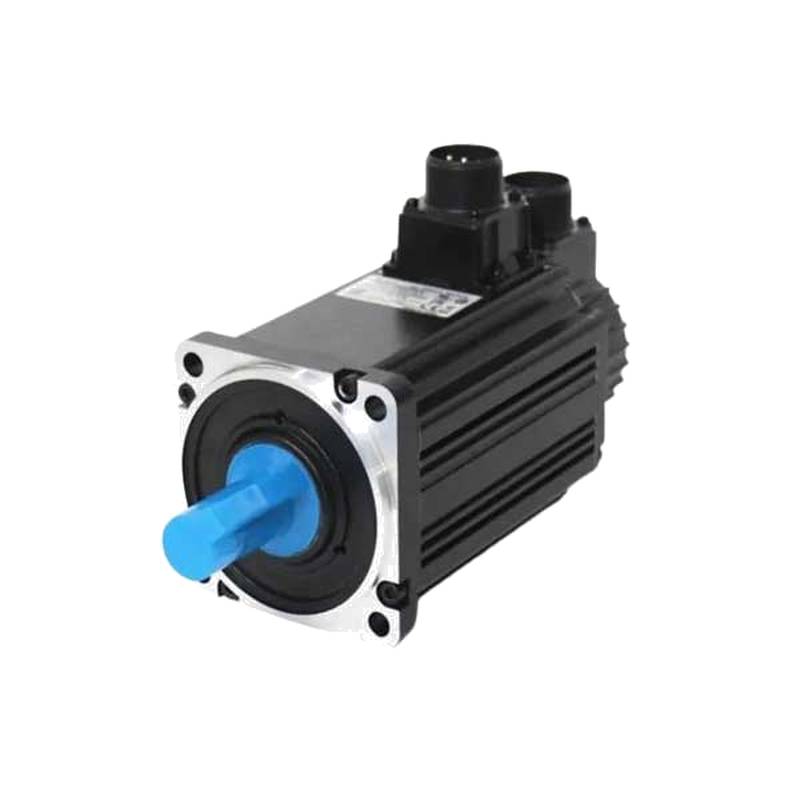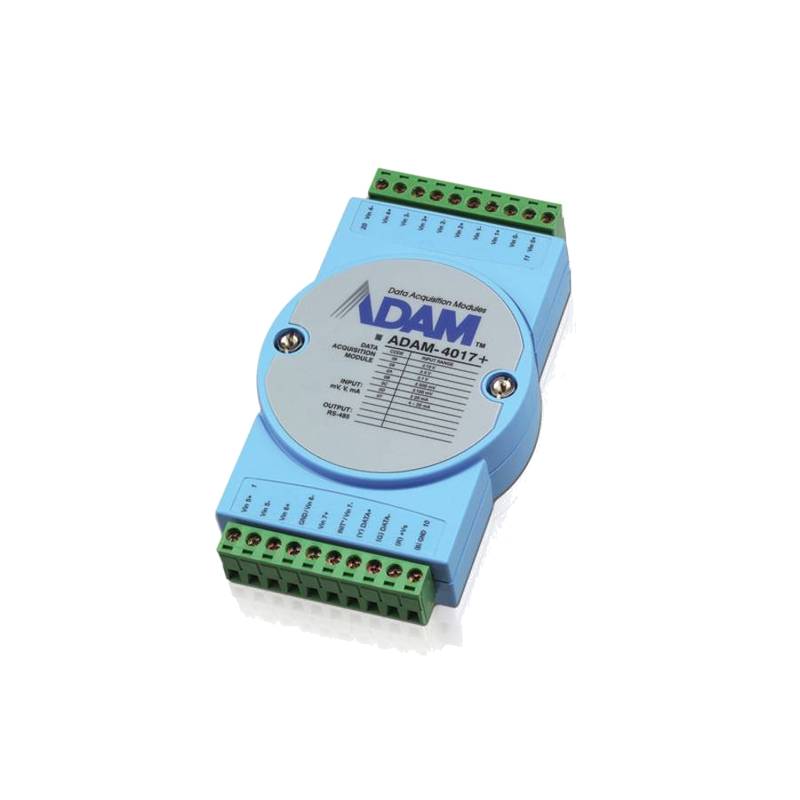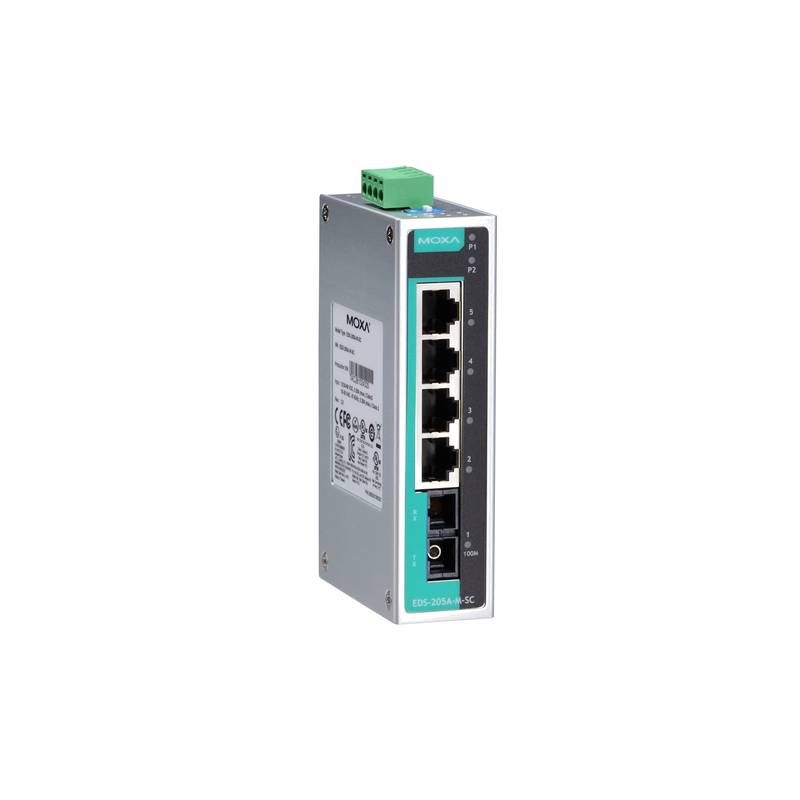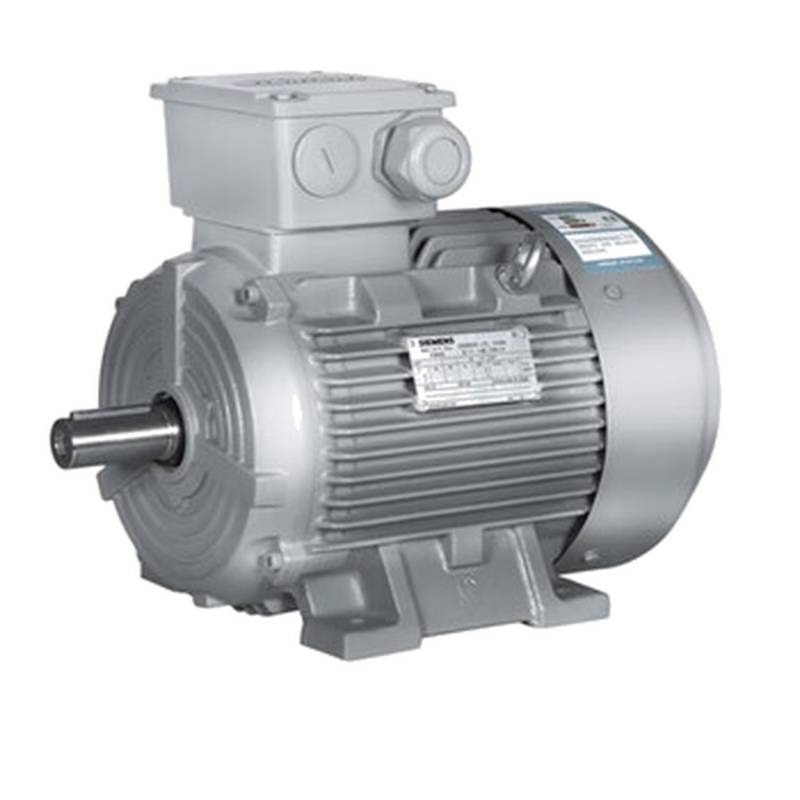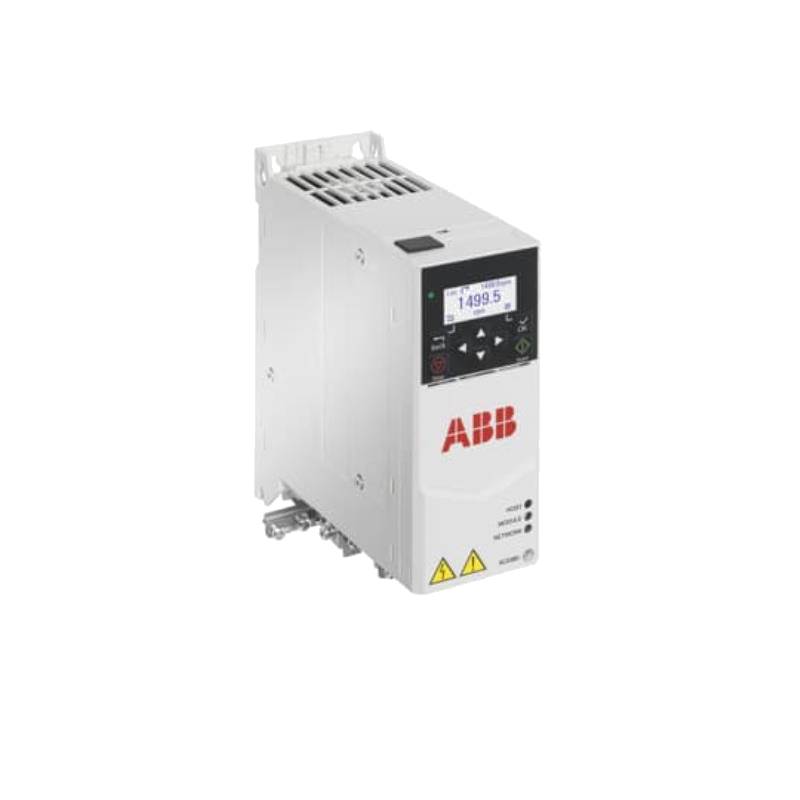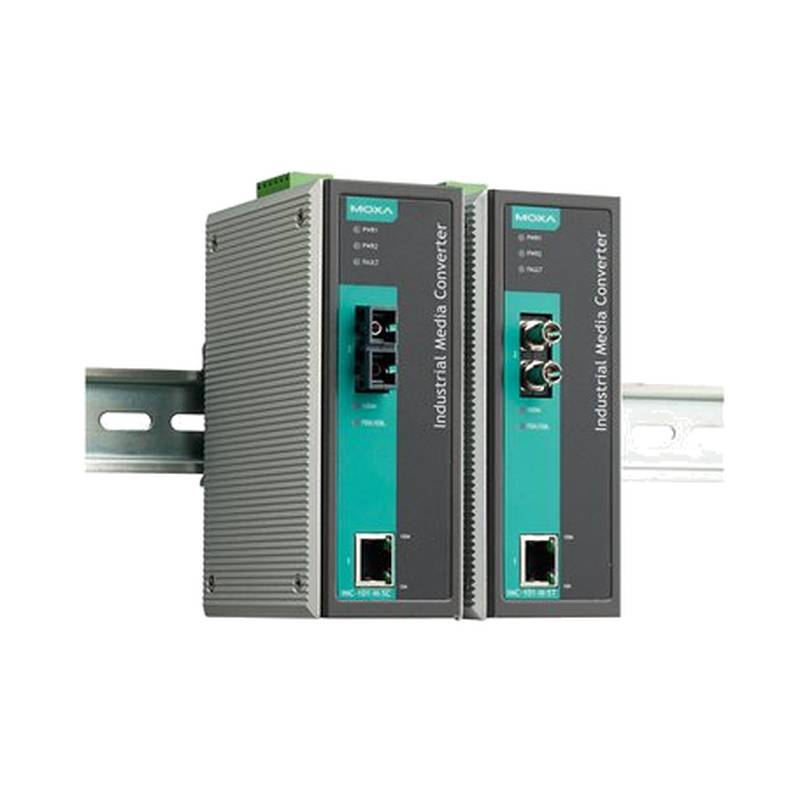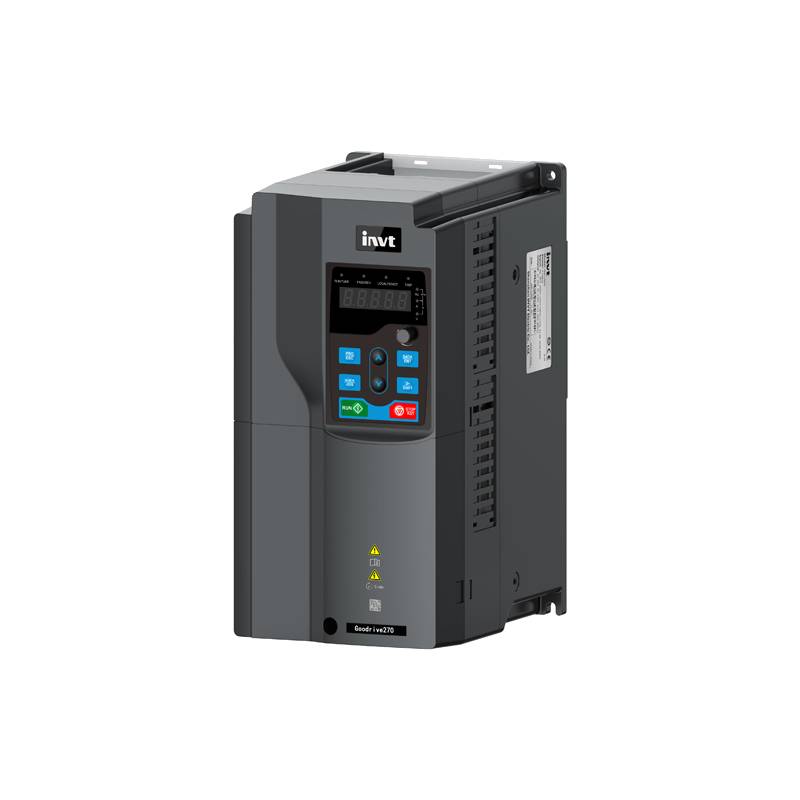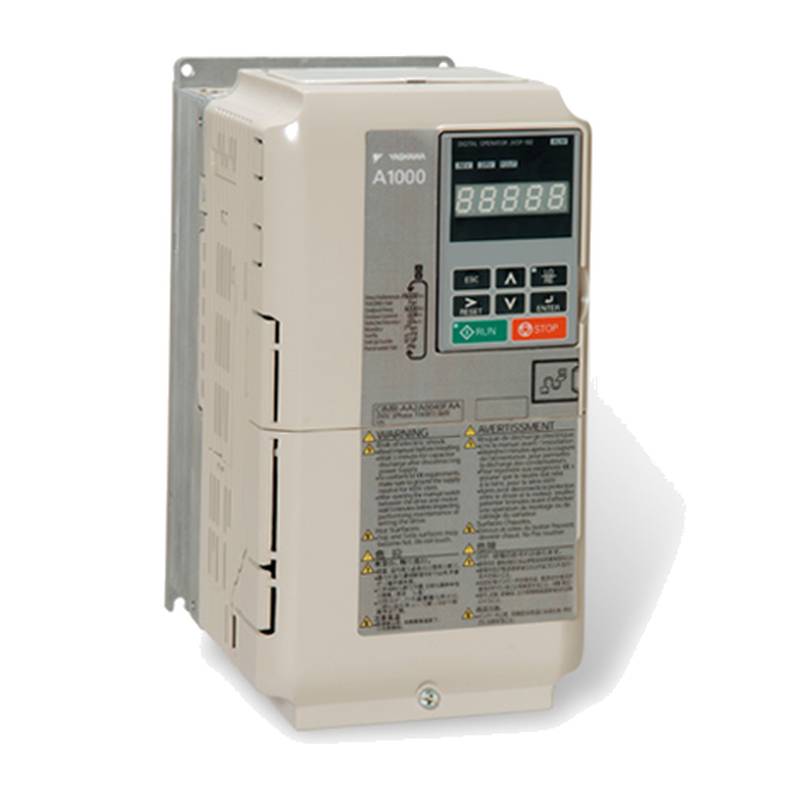
The Delta ECM-B3M-EM1820SS1 B3 Medium Inertia Servo Motor offers a compelling blend of performance, reliability, and advanced control, positioning it as a robust solution for demanding industrial automation tasks. This servo motor is engineered for precision and efficiency, featuring a high-resolution encoder for accurate positioning and a robust construction designed for continuous operation in challenging environments. Its medium inertia characteristics provide an optimal balance for applications requiring both rapid acceleration and stable, smooth motion control. Key technical specifications include a rated voltage of 400V, a rated output power of 1.8kW, and a rated speed of 2000 RPM, ensuring ample capacity for a wide range of machinery. The motor also boasts a peak torque of 16.5 Nm and a continuous stall torque of 7.9 Nm, enabling it to handle significant dynamic loads.
Product Specifications
| Specification | Value |
| :--------------------- | :----------------- |
| Model | ECM-B3M-EM1820SS1 |
| Series | B3 Medium Inertia |
| Rated Voltage | 400V |
| Rated Output Power | 1.8kW |
| Rated Speed | 2000 RPM |
| Peak Torque | 16.5 Nm |
| Continuous Stall Torque| 7.9 Nm |
| Encoder Resolution | 17-bit Encoder |
| Protection Class | IP65 |
| Insulation Class | F |
Core Features & Market Positioning
The ECM-B3M-EM1820SS1 distinguishes itself through its integrated design and advanced control capabilities, making it a competitive choice in the servo motor market. Its 17-bit encoder ensures exceptional positional accuracy, crucial for applications demanding sub-millimeter precision, such as in sophisticated CNC machinery or automated assembly lines. The IP65 protection rating signifies superior dust and water resistance, enabling reliable deployment in environments where standard motors might fail, including food processing or chemical manufacturing. Delta's reputation for producing durable and high-performance automation components further solidifies the ECM-B3M-EM1820SS1's market position as a reliable workhorse for demanding industrial operations. This motor is often favored for its seamless integration with Delta's own servo drives, creating a powerful and cohesive automation system.
Key Application Scenarios
This medium inertia servo motor excels in applications requiring a balance of dynamic response and smooth operation. It is ideally suited for high-speed pick-and-place machines, robotic arms in assembly automation, automated packaging equipment, and precision cutting or grinding machinery where accurate motion profiles are paramount. The motor's robust torque output also makes it suitable for material handling systems, conveyor belt control with variable speed requirements, and automated dispensing systems. Industries such as electronics manufacturing, automotive production, printing, and advanced material processing frequently benefit from the precision and reliability offered by the ECM-B3M-EM1820SS1.
Practical System Integration Guidance
Integrating the Delta ECM-B3M-EM1820SS1 into existing automation systems is streamlined due to its standard communication protocols and robust mechanical interface. Proper motor mounting is critical; ensure the mounting surface is clean and free from debris to maintain optimal alignment and prevent vibration. Wiring should strictly follow the provided documentation, paying close attention to power, encoder, and brake connections. Using shielded cables is recommended to minimize electromagnetic interference, especially in electrically noisy environments. For optimal performance, it is crucial to pair this motor with a compatible Delta servo drive, such as the ASDA-B3 series, ensuring proper parameterization for inertia matching, gain tuning, and operational mode selection. Basic commissioning involves configuring motor identification parameters, setting speed and torque limits, and performing an initial servo system tuning.
Operation and Risk Mitigation
Safe operation of the ECM-B3M-EM1820SS1 necessitates adherence to electrical safety standards and proper handling procedures. Always ensure the power supply is disconnected and locked out before performing any maintenance or wiring. The motor's thermal protection is integrated, but monitoring operating temperatures through the servo drive's diagnostics is advisable, especially during extended high-load operations. Common troubleshooting involves checking encoder feedback signals for errors, ensuring sufficient cooling, and verifying correct drive parameters. Fault codes displayed by the associated servo drive should be cross-referenced with the drive's manual for specific diagnostic information and recommended corrective actions. Over-torqueing beyond the rated peak torque can lead to mechanical stress and potential failure, so ensure applications operate within specified limits.
Scalability & Long-Term Value
The ECM-B3M-EM1820SS1 offers excellent long-term value through its compatibility with Delta's broader automation ecosystem, facilitating scalability. When future upgrades or expansions are needed, this motor can be readily integrated into larger systems utilizing Delta's integrated motion control platforms. Its robust construction and high-quality components contribute to a long operational lifespan, minimizing downtime and replacement costs. For facilities embracing Industry 4.0 initiatives, Delta servo systems, including this motor, often support advanced communication protocols enabling seamless integration with IIoT platforms for predictive maintenance, remote monitoring, and data analytics, further enhancing operational efficiency and return on investment.
FAQs
What is the primary advantage of the Delta ECM-B3M-EM1820SS1?
Its excellent balance of medium inertia and high torque output is a key benefit. This allows for rapid acceleration while maintaining smooth control for precision tasks.
This design makes it highly versatile for dynamic automation applications. It is suitable for a wide operational range of speeds and loads.
The motor's robust construction and IP65 rating also ensure reliable performance in harsh industrial environments. This enhances its overall value proposition.
How does the 17-bit encoder benefit the ECM-B3M-EM1820SS1?
The high-resolution 17-bit encoder provides superior positional accuracy and repeatability. This is critical for applications requiring precise movements.
It enables finer control over motion profiles, reducing cumulative positioning errors. This leads to higher quality in manufactured goods.
This advanced feedback system also aids in sophisticated servo tuning, optimizing system performance and stability. It allows for tighter control loops.
What types of industrial machinery are best suited for this servo motor?
This motor is ideal for robotics, automated assembly, and CNC machines needing dynamic speed and precise positioning. It handles pick-and-place tasks efficiently.
Packaging machinery, automated dispensing, and high-speed material handling also benefit greatly. Its torque characteristics support these varied loads.
Printing presses and precision grinding equipment are other excellent applications. The motor's smooth motion control is crucial here.
What are common issues during installation of the Delta ECM-B3M-EM1820SS1?
Incorrect wiring of power, encoder, or brake leads is a frequent installation error. Always verify connections against the manual.
Mechanical misalignment during mounting can cause vibration and premature wear. Ensure the mounting surface is perfectly flat and aligned.
Failure to use shielded cables can lead to electromagnetic interference. This can disrupt accurate encoder feedback.
How can I troubleshoot common faults with this servo motor?
Check the associated servo drive's fault codes for specific error diagnostics. These codes point to the root cause.
Verify encoder signal integrity and cable connections for any breaks or shorts. A clean, strong signal is vital for operation.
Ensure the motor is operating within its rated speed and torque limits. Overloading can trigger protective faults.
Is the ECM-B3M-EM1820SS1 compatible with older Delta servo drives?
Compatibility depends on the specific older drive model and its communication protocols. Check Delta's compatibility matrices.
While Delta aims for some backward compatibility, newer drives often offer enhanced features. It's best to use with its intended ASDA-B3 series.
Upgrading to a newer, compatible drive often unlocks the full potential of the ECM-B3M-EM1820SS1's capabilities. This ensures optimal performance.
What maintenance is required for the Delta ECM-B3M-EM1820SS1?
Regular inspection for physical damage or signs of wear is recommended. Keep the motor clean and free of debris.
Ensure proper ventilation around the motor and drive to prevent overheating. Avoid operating in excessively dusty or humid conditions.
Periodic checks of electrical connections for tightness are advisable. Proper maintenance minimizes unexpected downtime.
Can this motor be used in hazardous or explosive environments?
No, the ECM-B3M-EM1820SS1 is not rated for hazardous or explosive environments. It lacks intrinsic safety certifications.
Specialized motors with ATEX or similar certifications are required for such conditions. This motor is designed for general industrial use.
Always consult the product datasheet and relevant safety regulations for the intended application environment. Use appropriate certified equipment.
What is the typical lifespan of the ECM-B3M-EM1820SS1 servo motor?
With proper installation, operation within specified limits, and routine maintenance, the motor can offer a long operational lifespan. Lifespans often exceed ten years.
Component quality and Delta's manufacturing standards contribute to its durability. High-quality bearings and windings are key factors.
Actual lifespan depends heavily on the duty cycle, environmental conditions, and maintenance practices employed. Heavy, continuous use may shorten it.
How does the motor's medium inertia impact its performance?
Medium inertia offers a good compromise between fast response and stability. It's not overly sluggish nor excessively prone to oscillation.
This characteristic is beneficial for applications requiring quick accelerations followed by precise holding. It allows for dynamic yet controlled motion.
It suits a broad spectrum of automation tasks, avoiding the extremes of very low or very high inertia motors. This makes it a versatile choice.














